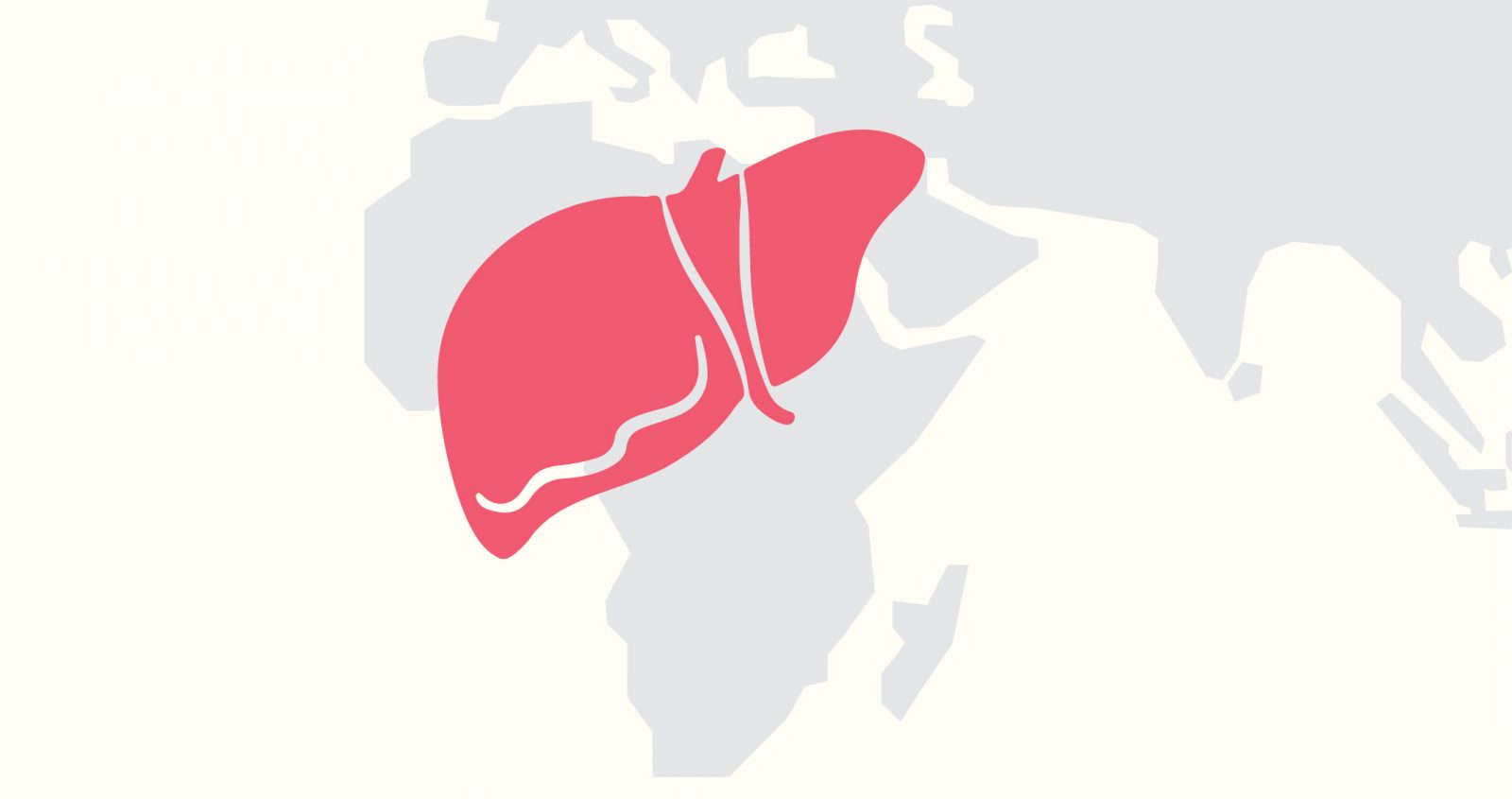Technological cooperation as the basis of digital sovereignty
Geopolitical confrontations have exposed the problem of the world's digital architecture: dominant control by large vendors and the infringement of individual countries' interests through restricted access to technology and equipment. Global tech giants wield enormous influence; dependence on them can paralyze a national economy and undermine technological sovereignty. It was previously believed that there were hardly any worthy alternatives to their solutions in the global market. However, Russia managed to maintain digital sovereignty by combining the efforts of government agencies and strong domestic vendors: since 2022, it has been rapidly developing its own technologies, solutions, and services with a focus on security. Having successfully mastered these challenges, Russia can share its unique experience in achieving digital autonomy with friendly countries and partners. An innovative idea on how to achieve digital sovereignty was proposed at PHDays Fest by Positive Technologies. The concept is based on the idea that strategic cooperation and mutual exchange of expertise can become a source of strength. For example, when developing technologies or products, partners depend on each other only in terms of sharing knowledge and practical experience. Such synergy can be achieved by moving away from the traditional schemes of importing IT and cybersecurity solutions, which plunge countries into complete dependence on suppliers. Instead, cooperative partners, whether countries or commercial enterprises, can progress together by complementing each other. The concept was positively received by Russian experts and supported by delegates from other countries. Positive Technologies declared its willingness not only to launch this initiative, but also to take a leading role in its implementation. The company's experts are ready to openly share their unique experience in the field of cybersecurity, accumulated over more than two decades, with friendly countries. They offer practical expertise in protecting individual facilities and entire economic sectors, as well as methods for developing effective cybersecurity systems. To foster the growth of local professional talent, the company will act as a mentor and allocate resources to train and upskill cybersecurity specialists and ethical hackers. Positive Technologies also intends to develop local expert communities. This way, the vendor will help partners establish the necessary technological foundation and properly build a sovereign cybersecurity industry, which the partners will be able to maintain and improve independently, relying on their own well-trained and highly qualified specialists. The company took its first steps in this direction in 2024, specifically by launching an international training program for cybersecurity professionals. In addition, Positive Technologies helps to enhance the competencies of cybersecurity leaders in financial institutions of the Gulf countries to better protect the local financial sector.
The idea of co-developing new digital architectures that would be based on security principles and prevent situations where a few large vendors have unlimited power, as well as the idea of working together to fill the gaps in cybersecurity education through expertise transfer were consistent themes throughout the forum sessions during the festival. The business program included over a dozen discussions and plenary sessions. International participants particularly noted the relevance and global significance of the issues raised.
“Attending Positive Hack Days has been an eye-opening experience, especially for professionals in the BFSI (Banking, Financial Services, and Insurance) sector. The intricate discussions and hands-on demonstrations of modern cyber threats targeting financial institutions have underlined the urgent need for robust cybersecurity measures,” said Rajender Kumar, General Manager, Risk Monitoring Department, Reserve Bank of India. “The Standoff format is particularly impactful, as it provides a hyperrealistic simulation of attacks and defenses in critical infrastructures, including those relevant to banking and financial systems. Observing the strategies employed by both red and blue teams has offered invaluable insights into how attackers exploit vulnerabilities and how defenders can effectively respond. One of the standout topics has been ATM security, where new vulnerabilities and advanced protective measures were showcased. The knowledge gained here is crucial for enhancing the resilience of ATM networks and safeguarding financial transactions from sophisticated cyberattacks. Positive Hack Days can serve as a vital platform for global collaboration, learning, and innovation in the fight against cyberthreats in the BFSI sector.”

Abhishek Kumar, CEO of Dievas Technologies (India) added, “Positive Hack Days is a remarkable platform for cybersecurity professionals to explore cutting-edge solutions and collaborate on tackling modern cyber threats. The Standoff format provides a unique, hands-on experience in defending critical infrastructures, a skill that is crucial across industries like finance, healthcare, and energy. At Dievas Technologies, we are committed to advancing cybersecurity solutions, and the insights gained from PHDaysenhance our ability to deliver robust threat detection and response services. Events like this drive innovation and strengthen global resilience against cyber risks.”Digital sovereignty: eliminating dependency through international cooperationThe subject of the plenary session opening the forum was digital sovereignty—the ability of a country to ensure its technological independence and security. As emphasized by Maksut Shadayev, the Russian Minister of Digital Development, this primarily means protecting the interests of users and national security, regardless of external pressure. In his opinion, special attention should be given to the uninterrupted operation of services and maintaining citizens' access to advanced technologies.
Eduardo Villegas Megías, the Ambassador Extraordinary and Plenipotentiary of Mexico to Russia, confirmed that the issue of technological dependency is global in nature. As the diplomat noted, technological lag is embedded at a fundamental level. Even when working with popular programming languages like Python, strong English skills are required. This creates a sense of dependency and additional barriers to technological development.
The energy sector is facing especially serious challenges in the current geopolitical situation, according to Russian Energy Minister Sergey Tsivilev. The far-reaching digitalization of the industry, on the one hand, opens up new opportunities, but on the other, makes it a target for cyberattacks. However, if a country isolates itself within its national borders, it will be left behind in the face of rapid technological advancement. To ensure the industry's competitive position, the Ministry of Energy has developed a 2050 strategy that aims to create world-leading technologies.
However, no single country can ensure full technological security on its own. International exchange of experience and collaborative development of solutions are essential, according to Ahmed Mustafa Al-Issawi, Director of the Personal Office of Sheikh Suheimbin Ahmed Al Thani and Investment Director of Al Adid Business. Qatar is actively developing as an international hub for technological innovation, bringing together leading companies in the fields of cybersecurity and big data. Special attention is given to educational programs: scholarship initiatives enable students to study cybersecurity at universities in various countries, including Russia.
Having originated from a community of hacking enthusiasts, the cybersecurity industry has maintained a spirit of cooperation: fundamental interests of different companies often align despite the competitive environment. The annual PHDays Fest shows that even competing companies can work together effectively to address common challenges related to digital sovereignty.
Read More News on
Stories you might be interested in












